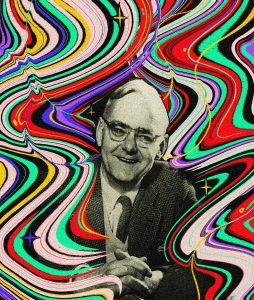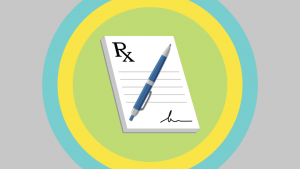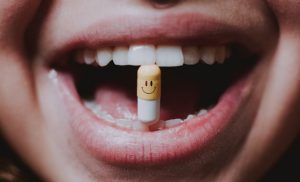How would you feel if the treatment or medication you were taking had little to no effect in suppressing your symptoms? Unfortunately, this is the case for 1 in 3 patients diagnosed with depression. These patients fall under a category known as treatment-resistant depression. Personalized deep brain stimulation, a promising alternative to conventional treatments, has the potential to treat various forms of depression by allowing physicians to tailor treatment to an individual.
THE PROBLEM
Depression, which is characterized by low mood, is linked to an imbalance of serotonin, norepinephrine, and dopamine neurotransmitters in the brain. It is a common mental illness that affects the way someone feels, thinks, and acts. However, it is important to note that depression varies significantly among individuals and many other factors play a role.
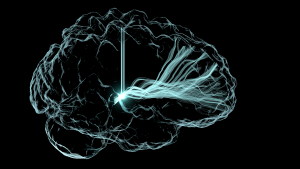
Source: flickr.com
As stated by Ben Paul from USC Viterbi School of Engineering,
“Mental disorders can manifest differently in each patient’s brain.”
There is no single treatment that can effectively treat the symptoms of depression among all diagnosed individuals. This makes it hard for physicians to provide the best treatment for their patients.
WHAT IS DEEP BRAIN STIMULATION?
Deep brain stimulation (DBS) is a surgical procedure where electrodes are implanted within specific areas of the brain. By electrically stimulating these parts of the brain, physicians can reduce the symptoms associated with depression. The amount of stimulation is controlled by a pacemaker that is placed under the skin on the chest.
The video below explains this procedure further and contains an interview with Edi Guyton, a patient who had this surgery:
Source: CNN | Youtube
PROMISING ALTERNATIVE: PERSONALIZED DEEP BRAIN STIMULATION
Even with deep brain stimulation, each patient’s response to treatment will be different. However, one of the pros of deep brain stimulation is that it results in immediate changes. This is the key component that allows physicians to personalize treatment. A 2021 research study led by Dr. Maryam Shanechi and her team at the USC Viterbi School of Engineering explains an approach that can be used to predict and see how an individual’s brain responds to stimulation. Her research will allow physicians to monitor brain regions in real-time.
How is this done?
Two tools have been designed:
- Electrical stimulation wave to map brain activity
- Machine-learning techniques that can learn the mapped brain activity which is collected during stimulation
The stimulation wave tool randomly changes the characteristics (amplitude and frequency) of the electrical impulse over time. A change in these characteristics is the equivalent of changing the dosage of a medication. Analysis of brain activity during these changes will help physicians determine the correct stimulation doses.
THE FUTURE: TREATING DEPRESSION
Dr. Maryam Shanechi’s research will allow physicians to personalize deep brain stimulation for all patients diagnosed with depression. This can help physicians overcome the difficulty of assisting individuals with treatment-resistant depression. Success within this field of personalized deep brain stimulation not only holds great potential for treating depression but can also lead to improved treatments for other psychiatric disorders.
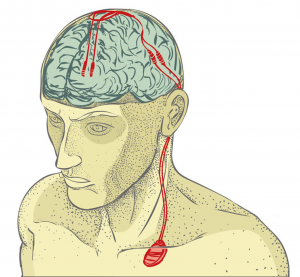
Source: flickr.com
– Samantha Nalliah

